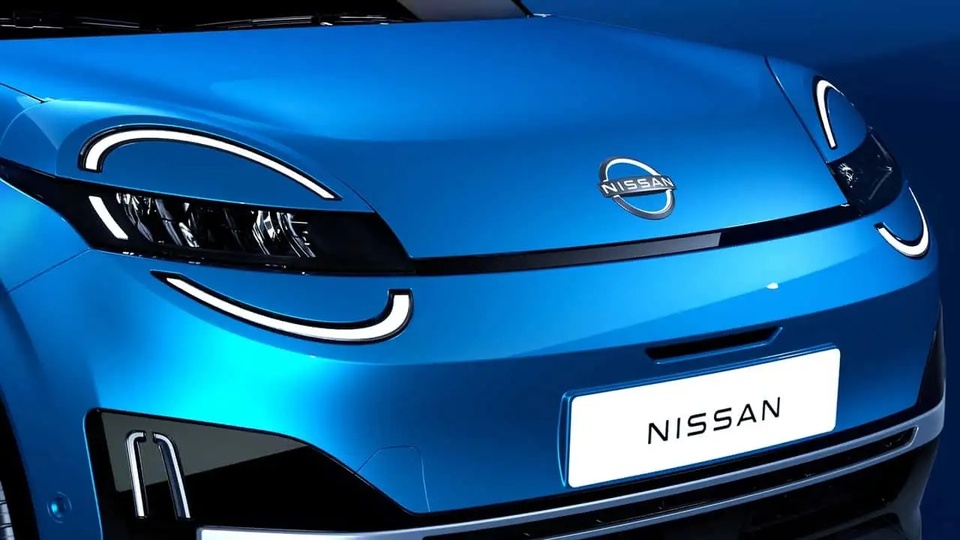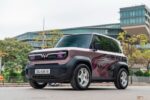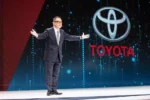
|
Rumors of a potential merger between Nissan and Honda first surfaced in late December 2024. However, the two companies later confirmed that the official merger plans had fallen through, partly due to Nissan’s reluctance to become a subsidiary of Honda. While they continue to collaborate on electrification and software, a merger is now highly unlikely.
At the CES event held in the US earlier this year, Toyota’s chairman, Akio Toyoda, asserted that Nissan had never approached Toyota for a merger. The Japanese automaker’s leadership believes that this is unlikely to happen as the formation of a single large company could violate anti-monopoly laws.
However, according to Motor1, there are emerging reports that Toyota has reached out to Nissan regarding a possible alliance following the collapsed merger with Honda.
Specifically, Japan’s national newspaper, Mainichi Shimbun, revealed that a Toyota executive had discussed potential collaboration with Nissan. Nissan declined to comment on this information, while Toyota is reviewing the reports before making an official statement.
Per Motor1, Toyota holds stakes in several domestic automakers. The world’s best-selling automaker for five consecutive years currently owns 20% of Subaru, approximately 5.1% of Mazda, nearly 4.9% of Suzuki, and 5.9% of Isuzu.
|
|
For its part, Nissan, since the end of the merger negotiations, has addressed its product direction by announcing the launch of a range of new models in various regions globally.
Nissan is also leveraging its existing partnerships with Renault and Mitsubishi to significantly shorten the time to market for new products. By capitalizing on its close relationship with China’s Dongfeng, Nissan has introduced the N7 electric vehicle and the Frontier Pro PHEV pickup truck.
Nissan’s new CEO, Ivan Espinosa, recently stated that the Japanese automaker is open to new collaborations, but the top priority is internal stability.
The Re:Nissan plan includes significant cost-cutting measures, such as reducing 20,000 jobs, closing seven plants, and tightening spending on R&D.
The plan also aims to reduce parts complexity by approximately 70%, discontinue six vehicle platforms, and continue investing in the Infiniti luxury brand.
|
|
Nissan’s new CEO, Ivan Espinosa, also provided insights into the reasons behind Nissan’s crisis.
According to Espinosa, in 2015, when Carlos Ghosn was still in charge, Nissan set a target of increasing annual sales to 8 million units by investing heavily in production and labor. However, Nissan’s total sales for the 2024 fiscal year amounted to only 3.3 million vehicles.
Recommended Reads for Your Drive
Our Automotive section offers a diverse range of book recommendations to engage and entertain you during your journeys. Whether you’re looking for thrilling narratives or insightful non-fiction, we’ve got you covered. Happy reading and safe travels!
The Ultimate Nissan Priority
The Japanese automotive manufacturer has made a strategic decision to pause new vehicle development and redirect its efforts towards cost-cutting initiatives. This bold move underscores the company’s commitment to streamlining its operations and ensuring long-term sustainability. With a renewed focus on financial prudence, the brand aims to emerge stronger and more resilient in a dynamic and challenging market landscape.
The Great Debate: Electric vs. Hybrid Cars – Who’s Cleaner? A Stirring Statement by Toyota’s Chairman.
“In a thought-provoking statement, Toyota’s Chairman, Akio Toyoda, sparked debate around the environmental impact of battery electric vehicles (BEVs). During an interview in April, he asserted, ‘The carbon emissions of 9 million BEVs are equivalent to those of 27 million hybrid vehicles.’ This bold claim invites scrutiny and discussion, challenging us to reconsider the assumptions around the sustainability of electric cars.”













































